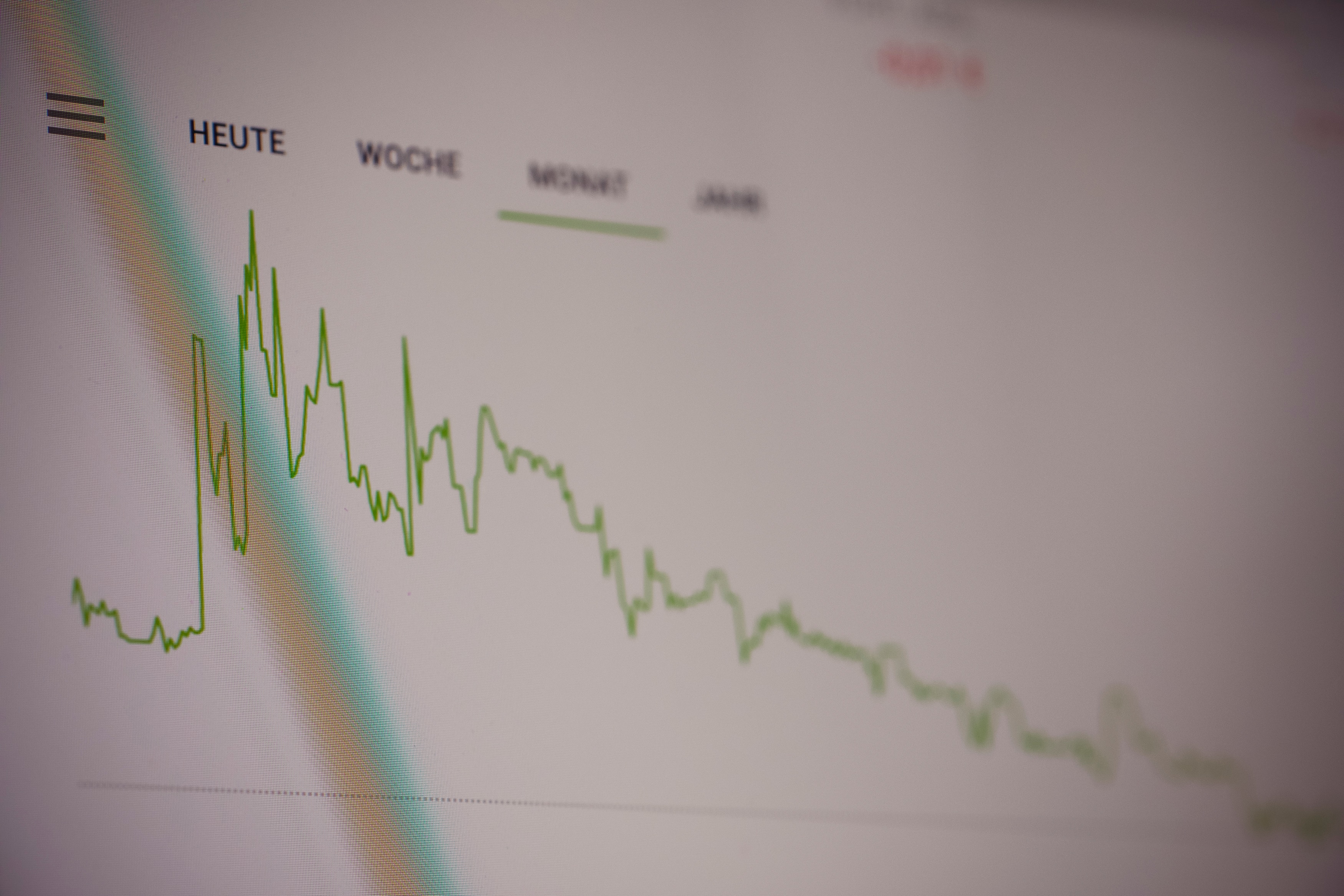

As an investor, you are always on the lookout for the next big opportunity. Early-stage startups can be particularly appealing because of their potential for high returns, but they also come with a high level of risk. Before putting your money on the line, it's important to know what to look for when investing in early-stage startups. In this article, I'll outline the key factors to consider and the due diligence process to follow.
Early-stage startups are companies that are in the initial stages of development. They are often in the process of building their product or service and may not have generated any revenue yet. Investing in these companies can be risky, as there is no guarantee that they will succeed. However, if they do succeed, the potential for high returns can be significant.
One of the biggest risks of investing in early-stage startups is the high rate of failure. According to a study by the Small Business Administration, only about half of all new businesses survive beyond the first five years. This means that investing in early-stage startups is inherently risky. However, the potential rewards can be significant. Successful early-stage startups can generate high returns for investors, often through an initial public offering (IPO) or an acquisition by a larger company.
When evaluating early-stage startups, there are several key factors to consider. These include market size and potential for growth, the founding team and their experience, the business model and revenue potential, competitive analysis and market differentiation, and financial projections and potential for profitability.
The first factor to consider when evaluating an early-stage startup is the market size and potential for growth. The startup should be operating in a large and growing market. This will increase the likelihood of success and the potential for high returns. A startup that is operating in a niche market may have limited growth potential and may not be a good investment opportunity.
The founding team is another important factor to consider when evaluating an early-stage startup. The team should have relevant experience in the industry and a track record of success. This will increase the likelihood of success and reduce the risk of failure. A team with a strong track record and experience can also attract other investors and resources, which can be critical for early-stage startups.
The business model and revenue potential are also critical factors to consider when evaluating an early-stage startup. The startup should have a clear and scalable business model that can generate revenue. The revenue potential should be significant enough to justify the investment. Early-stage startups that have a clear path to revenue generation are more likely to succeed.
Competitive analysis and market differentiation are also important when evaluating an early-stage startup. The startup should have a clear understanding of its competition and how it differentiates itself from other companies in the market. A startup that can differentiate itself from its competition has a better chance of success.
Finally, financial projections and potential for profitability are important factors to consider when evaluating an early-stage startup. The startup should have realistic financial projections that show a clear path to profitability. The potential for profitability should be significant enough to justify the investment.
Before investing in an early-stage startup, it's important to conduct a thorough due diligence process. This process should include a review of the startup's business plan, financial projections, and management team. It should also include a review of the startup's competitors and the industry as a whole.
During the due diligence process, it's important to ask tough questions and look for red flags. This may include asking about the startup's burn rate, cash position, and customer acquisition strategy. It may also include conducting background checks on the management team.
There are several common mistakes that investors make when investing in early-stage startups. These include investing in a startup without conducting due diligence, investing in a startup that is not operating in a large and growing market, investing in a startup with an inexperienced management team, and investing in a startup with unrealistic financial projections.
To avoid these mistakes, it's important to conduct a thorough due diligence process and to carefully evaluate each investment opportunity.
There are several resources available for researching and evaluating early-stage startups. These include angel investor networks, venture capital firms, and online platforms that connect startups with investors. It's important to conduct extensive research and due diligence before investing in any early-stage startup.
Investing in early-stage startups can be a high-risk, high-reward proposition. Before investing in any early-stage startup, it's important to carefully evaluate the market size and potential for growth, the founding team and their experience, the business model and revenue potential, competitive analysis and market differentiation, and financial projections and potential for profitability. It's also important to conduct a thorough due diligence process and to avoid common mistakes when investing in early-stage startups. By following these guidelines, investors can increase their chances of success when investing in early-stage startups.








.jpg)

.jpg)
.jpg)

.jpg)
.jpg)










